Guest post: "My Publishing Journey with Advice for Aspiring Authors," by Dr. John Benedict, author of ADRENALINE
You must realize
the journey to become published is long.
Good agents and interested editors are very hard to find. I sent out literally hundreds of query
letters to agents and even managed to hook up with several poor agents. This was primarily an exercise in
frustration. Finally, I attended
multiple writing conferences and did manage to get signed by a reputable agent.
I thought my journey was near its end. However, I learned that even finding a
decent agent doesn’t guarantee selling your book to a mainstream publisher. My
agent couldn’t sell my book. Finally, I
decided to go the self-publishing route.
This proved to be the way to go.
I chose CreateSpace, which worked fine for me—there are several other
good alternatives out there. Be prepared
to pay a small amount to get your book published—it pays to price-shop. Once set up, you can sell your book as an
inexpensive ebook on Amazon (and elsewhere).
The internet is an extremely valuable sales platform and if your book is
half-decent, it can spread by word-of-mouth alone. Readers leave reviews and rate your book and
this can attract new readers. I’m
pleased to report that Adrenaline
sold very well as a Kindle ebook. In 2014, over 80,000 copies were downloaded
from Amazon pushing it to the #1 paid medical thriller. I also picked up over 440 reader reviews
(mostly 5-star). Armed with these sales
numbers and positive reader reviews, I was finally able to attract a mainstream
publisher (Oceanview Publishing) for my third medical thriller, Fatal Complications, due out in December
2015.
So the point of
all the above is simple—the publishing industry has undergone massive changes
in the last ten years. Self-publishing
no longer has the stigma that it once had.
Many people want to write a book, and now is a great time to do so. I believe the strategy I outlined above, of
self-publishing first and establishing a track record of sales and good reviews
(sadly, there’s no substitute for writing a decent story) is a very viable
strategy. After you have done this, then
you approach an agent or editor and make your pitch. In today’s
ultra-competitive environment, you’ll have a much better chance of getting picked
up by a traditional publisher and save yourself a lot of trouble and pain of
rejection in the process.
Finally, my
advice for would-be novelists is fairly straightforward. Nothing worthwhile in life is quick or
easy. Writing is no different. Expect to spend a long time learning the
craft and improving upon it. Don’t
expect to become famous overnight or make a lot of money easily. The best advice I can give is this: You shouldn’t
write because you want to make millions or become a household name—you’ll
likely be disappointed. Rather, you
should write because you enjoy the process and feel the need to tell a
story. Let the results take care of
themselves.
Other things
I’ve learned along the way: I’ve learned
to believe in myself even when no one else seemed to. I’ve also learned the power of perseverance
and patience. The path to successful book publication is notoriously long and
arduous for most. Developing a thick skin is also helpful to protect oneself
against the many rejection letters and obligatory nasty reviews that will come
your way. Finally, I’ve learned that
writing a good book is probably only half the battle. Getting it published and successfully marketing
it may be the most difficult part. Good
luck and keep writing!
////////////////////////////////////////////////
 Dr. John Benedict graduated cum laude from Rensselaer Polytechnic Institute and entered medical school at Penn State University College of Medicine. While there, he also completed an internship, anesthesia residency and a cardiac anesthesia fellowship. He currently works as a physician/anesthesiologist in a busy private practice in Camp Hill, Pennsylvania.
Dr. John Benedict graduated cum laude from Rensselaer Polytechnic Institute and entered medical school at Penn State University College of Medicine. While there, he also completed an internship, anesthesia residency and a cardiac anesthesia fellowship. He currently works as a physician/anesthesiologist in a busy private practice in Camp Hill, Pennsylvania.
Dr. Benedict has been writing stories since high school, but his creative side was put on hold to pursue a medical education and start a family—he now has a wife and three sons. Finally, after a 15-year pause, his love of writing was rekindled and his first novel, Adrenaline—a gritty medical thriller with a realism borne of actual experience—was born.
Besides creating scary stories, the hallmark of Dr. Benedict’s writing is genuine medical authenticity—something in short supply these days in thriller fiction. He draws on his 25+ years of experience as a board-certified anesthesiologist to infuse his writing with a realism that renders it both vivid and frightening. As one of only a handful of anesthesiologists throughout the country writing fiction, he gives readers a taste of what really goes on in the operating room, the human drama inherent in this high-stress, high stakes environment where lives are continually on the line. Readers will find out what it’s like to hold a patient’s life in their hands, as the author provides an illuminating glimpse into the fascinating, but poorly understood realm of anesthesia.
Title: ADRENALINE
Genre: THRILLER
Author: JOHN BENEDICT
Purchase on Amazon
About the Book: A sensational, skillful and highly suspenseful tale, Adrenaline introduces anesthesiologist protagonist Doug Landry. About Adrenaline: When patients start dying unexpectedly in the O.R. at Mercy Hospital, Doug Landry finds himself the focus of the blame. Is he really incompetent or is there something more sinister going on? As Doug struggles to clear his name and untangle the secrets surrounding these mysterious deaths, it becomes exceedingly clear that someone is serious—dead serious—about keeping the devastating truth from ever seeing the light of day. As he launches a pulse-quickening race against time to prevent more deaths, Doug soon finds that the lives of his patients aren’t the only lives at stake. Seems that someone will stop at nothing to keep Doug from revealing the truth. Could it be that murder is the ultimate rush?
About the Author: Pennsylvania native John Benedict graduated cum laude from Rensselaer Polytechnic Institute and entered post-graduate training at Penn State University College of Medicine, where he completed medical school, internship, anesthesia residency and a cardiac anesthesia fellowship. Benedict currently works as an anesthesiologist in a busy private practice in Harrisburg, Pennsylvania




















































































































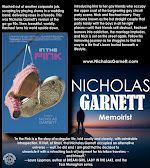



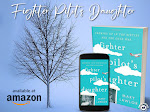




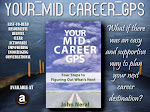
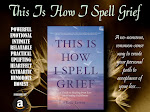
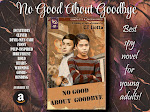


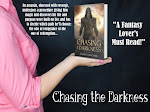
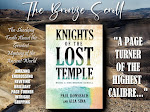


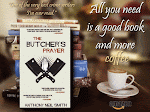
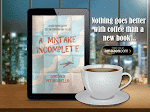
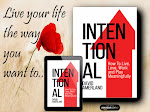
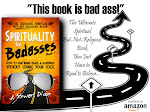




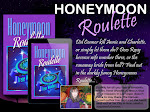
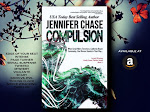
















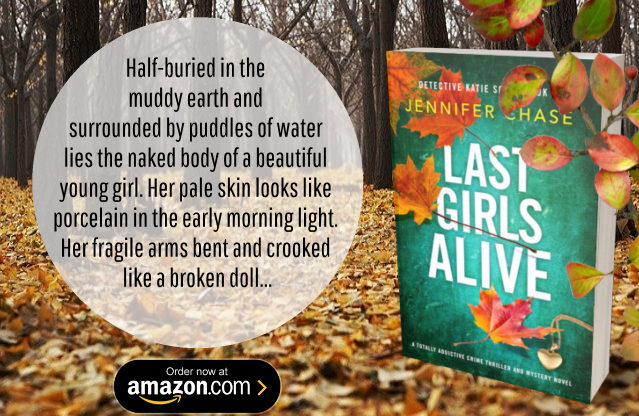








Leave a Comment